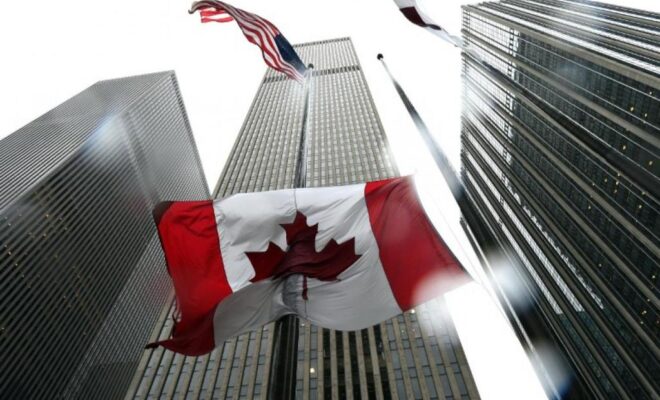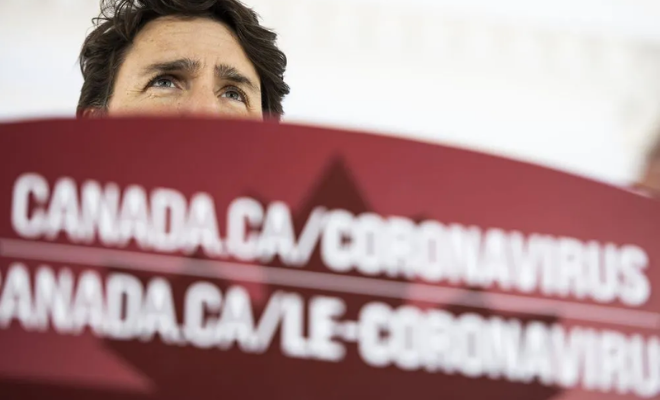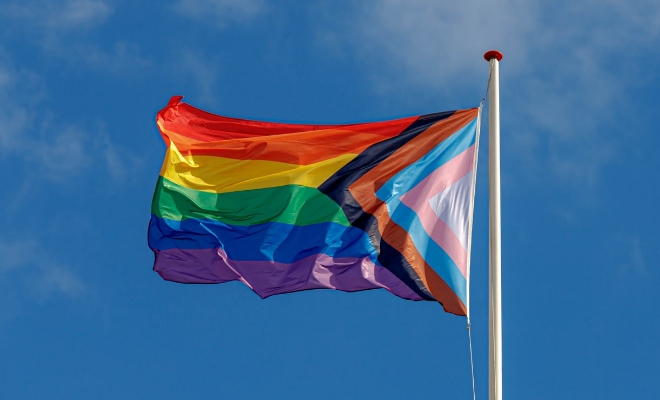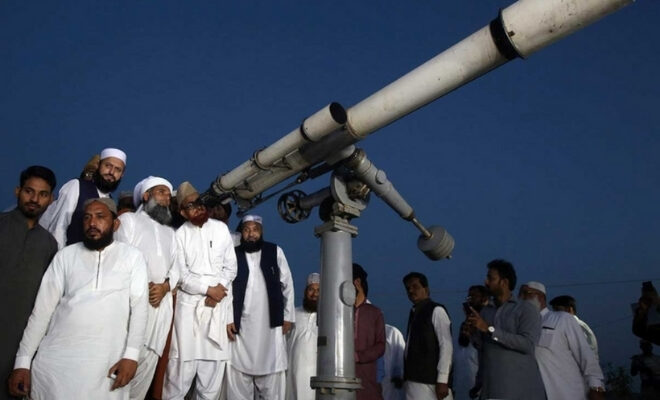Akhlaaq: Shaping the Character of Our Youth

Today, it has become more commonplace than ever to hear about young Muslims not showing akhlaaq, i.e., good morals, good conduct, and good character.
For example, some among the youth are talking back at their parents and elders. Both brothers and sisters are comfortable with swearing and cussing, even in public. People are less considerate of one another on the roads, store isles, and other public places.
Worse, the collapse in akhlaaq in the general society is even showing among very young children. These days, it’s not unusual to hear of children as young as three years of age interrupting their parents with screaming and shouting. Some even use disparaging language at their parents – e.g., calling them “stupid” and so on.
Not too long ago, such incidents were unheard of, especially in the Muslim community. While Western society celebrates poor akhlaaq, Muslims generally stood against the tide and maintained good akhlaaq. However, poor akhlaaq is now becoming more visible among Muslims, especially among the youth.
If left unchecked, poor akhlaaq can spread as a sickness that puts our families, our communities, and our brotherly bonds all at risk. When we lose akhlaaq, we lose trust, sincerity, and compassion in each other. Ultimately, poor akhlaaq makes our Ummah weaker in a time when it needs to be much, much stronger.
What is “Akhlaaq?”
The word “akhlaaq” stems from the word “khulq.” The Arabic linguist Fairuz al-Abadi defined ‘khulq’ as a disposition or nature that one can see in a person or group of people.
This can include conduct, culture, customs, morals, manners, and other characteristics. In the Qur’an, Allah (swt) used ‘khulq’ in a similar way. For example, He (swt) said:
“This is not but the khulq of the former peoples” (Qur’an | 26:137)
In his tafsir, ibn ‘Abbas (ra) said the ayah referred to the traditions, inventions, and religions of the old nations.
Allah (swt) uses ‘khulq’ while referring to the Rasul’Allah (saw):
“Indeed, You are in a great Khulq” (Qur’an | 68:4)
Thus, the term “khulq” refers to the things that define people’s behaviour, conduct, morals, and other attributes of how they act among one another. Actions like respecting one’s elders, for example, is an aspect of ‘khulq’ for many societies.
As Muslims, we must strive to have good khulq. Rasul’Allah (saw) said: “Righteousness is good Khulq.” (Muslim). Our deen, Islam, defines how our khulq or akhlaaq should look, especially in the Sunnah of Rasul’Allah (saw). He (saw) was the living embodiment of obeying Allah (swt) and, in turn, the one example we all must follow when building our character and personalities.
Why We Need Good Akhlaaq
In Islam, good akhlaaq brings us closer to Allah (swt) and, in turn, plays a big role in supporting us on the Day of Judgement. Indeed, on the Day of Judgement, we will have nothing to support us except for Allah (swt)’s mercy. However, our deeds and our akhlaaq will speak about our conduct in dunya.
Rasul’Allah (saw) said:
“The most beloved of you to Allah is the best of you in character” (Bukhari)
“There is nothing weightier in the scales than good morals and manners.” (Abu Dawood)
Basically, having good akhlaaq is critical to building a strong case on the Day of Judgment. On this Day, we will be directed to either Jannah (Paradise) or Naar (Hellfire). Thus, we cannot afford to slip in our akhlaaq as that would jeopardize us on the most important day of our entire existence. Abu al-Aswad narrated the following incident at the time of the Khilafah of Umar ibn-al-Khattab (ra):
“Once I went to Medina where there was an outbreak of disease, and the people were dying rapidly. I was sitting with `Umar and a funeral procession passed by. The people praised the deceased. `Umar said, It has been affirmed (Paradise).
Then another funeral procession passed by. The people praised the deceased. `Umar said, It has been affirmed. (Paradise).
Then another funeral procession passed by. The people praised the deceased. `Umar said, It has been affirmed (Paradise).
Then a third funeral procession passed by and the people talked badly of the deceased. `Umar said, It has been affirmed (Hell).
I asked `Umar, O chief of the believers! What has been affirmed?
He said, I have said what the Prophet said. He said, ‘Allah will admit into paradise any Muslim whose good character is attested by four persons.’ We asked the Prophet, ‘If there were three witnesses only?’ He said, ‘Even three.’ We asked, ‘If there were two only?’ He said, ‘Even two.’ But we did not ask him about one witness.” (Sahih Bukhari)
In this incident, Umar (ra) spoke about how your fellow Muslims perceive your akhlaaq can support – or jeopardize – your case on the Day of Judgment. In other words, you need to be publicly known by your fellow Muslims for good akhlaaq. This should be a big part of your personality and character.
Abu Hurairah (ra) narrated the following incident:
The Messenger of Allah was asked about that for which people are admitted into Paradise the most, so he said: Taqwa of Allah, and good character. And he was asked about that for which people are admitted into the Fire the most, and he said: The mouth and the private parts. (at-Tirmidhi)
In this hadith, Rasul’Allah (saw) said that the “mouth” is one of the main reasons why people will end up in Naar (Hellfire).
This refers to people showing poor conduct through insulting other people, being rude (especially to parents and elders), and using bad words.
Not only does poor akhlaaq jeopardize our aakhirah, but it truly weakens our Ummah. Poor akhlaaq is a delivery vehicle for non-Islamic concepts to enter our communities, our homes, and our hearts. For example, a young adult that disrespects their parents by shouting at them is committing a Haram. In other words, they are disobeying Allah (swt).
Thus, if we allow poor akhlaaq to flow freely, then, ultimately, we are laying the groundwork for also promoting disobedience to Allah (swt). We cannot allow this to happen.
Why the Failure in Akhlaaq?
The collapse in akhlaaq is a consequence of living in a world ruled by only systems of Kufr (disbelief), especially in Canada and the West generally. In fact, the cultural side of Kufr (e.g., celebrities, sports leagues, movies, music) is born in the West and, in turn, spread to the rest of the world.
This spread of poor akhlaq occurs in several ways, including:
Taking of Poor Role Models
Poor akhlaq reflects bad role models. Today’s societies champion people with the worst character – i.e., abusers, adulterers, liars, oppressors and the like. Worse, the youth – including Muslims – take these bad characters as examples worth following because society convinces us that these bad characters (e.g., actors, celebrities, professional athletes, singers) are “successful.”
These bad role models are given the highest platforms to amplify their misguidance. In fact, they can now reach even young children through TikTok, YouTube, Twitch. As a result, children start learning bad behaviour from a relatively early age. As they grow older and start reaching young adulthood, bad akhlaaq would start seeming normal to them.
Living in a Kufr System
Ultimately, the worst people on Earth are given the highest platforms by the systems of Kufr (disbelief) driven by the Capitalist aqeedah or creed of excluding deen from society. This is especially true in the West but, this is now a growing problem in the Muslim lands too. Ultimately, the whole world is ruled by these systems (e.g., liberal democracy, the liberal economic system, and so on).
The Capitalist elites across the world use these systems – i.e., the media, public education system, political system, and legal system – to spread their corrupt ideas and concepts. By this point, we live in a toxic environment that strongly encourages people to become corrupt. It’s generally easier to adopt the bad akhlaaq than it is to stand against the tide and uphold Islam.
Learning Kufr in School
In Canada, we are hearing more of children learning poor akhlaaq in schools in both the hallway and in the classroom. While the public school system was always rough, Muslim youth in the past rarely behaved poorly in front of their parents and elders. However, in more recent years, it has become more common to hear of Muslim children misbehaving at home.
This is because the education system is actively teaching children to disrespect and disregard their parents and elders. Instead, children are taught to think they have absolute freedom to act as they please and that they have authority over themselves. The system does not teach them Islamic concepts, such as being a slave of Allah (swt) and being accountable to Him (swt).
How Do We Fix Akhlaaq?
As Families…
We must become critically aware of what are kids are absorbing from society, be it at school, screens, social circles. This might seem like an aggressive approach, but Kufr is being thrown at our community from every direction.
Practically, parents will need to seriously consider home-schooling – or at least Islamic school – as their primary option for educating their kids. Likewise, we must become stricter with the content our kids are consuming on YouTube, Netflix, Disney. We may need to block them from some platforms, like TikTok, because the social media platform actively promotes poor akhlaaq.
As a Community…
We must invest in infrastructure for Muslim parents to educate and nurture their children. Hence, we need more Islamic schools, more youth programming, and the like. These are critical outlets for kids and young adults to properly interact with each other and, in turn, spend more time learning Islam.
The Muslim community must also take a stronger stand in support of Muslim parents. This is especially true today as the education system tries creating a wedge between parents and their children. As we protect our children, the system will be more aggressive in its efforts to take them away from us (as we now see in Sweden).
As an Ummah…
While the above steps can help stave off the aggression of the system, it will not provide a permanent solution to protecting our future generations. That will only happen once we re-establish the Khilafah, i.e., a system that rules by only Islam and uses Islam as its sole reference point shaping every aspect of society, be it education, media, politics, law, and so on.
Thus, while we work on protecting our youth, we must make the matter of Khilafah a critical issue. We cannot afford to put the issue of Khilafah on the backburner, especially now as the next generation of our Ummah is in danger.
May Allah (swt) restore the Khilafah soon. Ameen.









